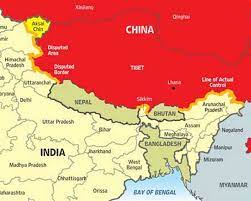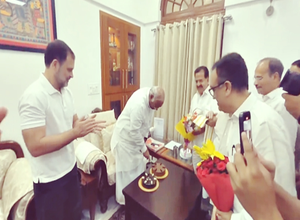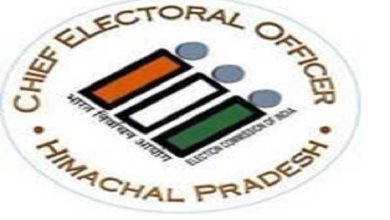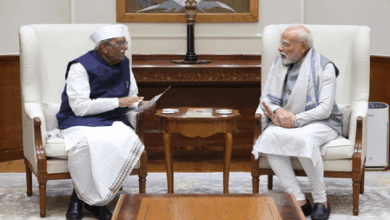Bilkis Bano Case: 134 Former Civil Servants Write To CJI To Quash Gujarat Govt’s Remission Order
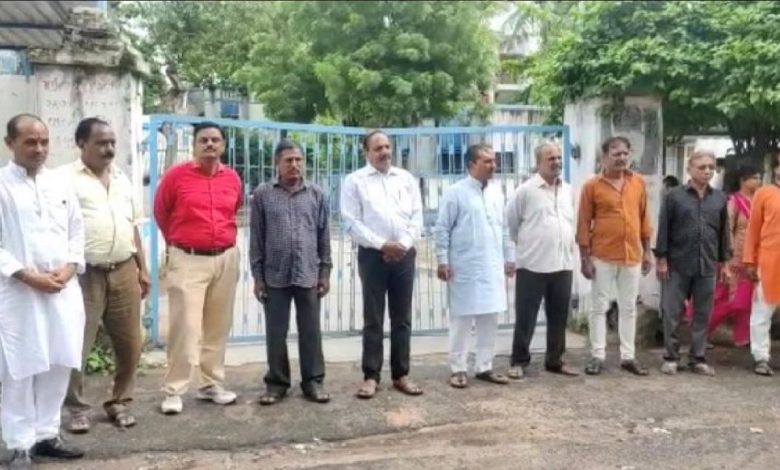
New Delhi, Aug 27: 134 former civil servants have written a 7-page open letter to the Chief Justice of India (CJI) Uday Umesh Lalit, requesting him to quash the Gujarat Government’s remission order granting premature release of 11 convicts for murder of 14 persons and gang-rape of women, including Bilkis Bano, during 2002 post-Godhra riots in the state.
The 7-page open letter written by the Constitutional Conduct Group (CCG) to the CJI, revealed that the “Gujarat government had committed several errors” by ordering remission of 11 convicts.
The group had pleaded to the CJI to quash the Gujarat government’s order of remission of 11 convicts and requested him to rectify this horrendously wrong decision.
As many as 134 former civil servants wrote an open letter to the Chief Justice of India (#CJI) against the premature release of 11 convicts by the #Gujarat government, who were serving life-term in the Bilkis Bano gang-rape case.#BilkisBanoCase pic.twitter.com/w8ED3IZnrX
— IANS (@ians_india) August 27, 2022
Keeping in view these glaring deviations from established law, departure from government policy and propriety, and the chilling impact that this release will have, not just on Bilkis Bano and her family and supporters, but also on the safety of all women in India, especially those who belong to minority and vulnerable communities, we urge you to rescind the order of remission passed by the Gujarat government and send the 11 persons convicted of gang rape and murder back to jail to serve out their life sentence,” the open letter said.
The retired bureaucrats further said that the Gujarat government duly considered the application for remission on the basis of their remission policy of 1992 and not only cut short the sentence of one of the convicts, Radheshyam Shah, who had filed the petition, and set him free, but also 10 other persons who had been convicted of the same crime and sentenced with Radheshyam Shah.
The group, (CCG) said that in doing so the Gujarat government committed several errors: where a case has been investigated by the CBI, clearance of the Union Government has to be taken before giving remission in sentence.
We are unaware whether such permission was taken, but it does not seem that it was. According to law and statute, the opinion of the presiding Judge of the court that passed the order of conviction has to be taken before granting such remission.
The Government of India, while writing to the State government in February 2013, quoted the Supreme Court order which stated before actually exercising the power of remission under law, the appropriate Government must obtain the opinion (with reasons) of the presiding judge of the convicting or confirming Court. Remission can, therefore, be given only on a case-by-case basis and not in a wholesale manner”, the letter said.
It appears that the view of the presiding judge of the CBI court was not taken. In a case like this where the victim, her family and witnesses braved death threats and threats of physical harm in fighting the case and shifted residence repeatedly for safety, it was obligatory for the Gujarat government to ascertain how such a release would impact their lives, the letter said.
This was not done even though the victim and her supporters have often stated that they were threatened with violence by the convicts (who were liberally granted parole while in jail) as well as by the families and friends of the convicts, the letter said.
Bilkis has reportedly changed homes some 20 times over these years, because of threats to her life. With the celebrated release of the convicts from jail, the trauma, suffering and vulnerability to harm for Bilkis will be significantly heightened, it said.
It is also shocking that five out of ten members of the Advisory Committee, which sanctioned the early release, belong to the Bharatiya Janata Party (BJP), while the remaining are ex-officio members. This raises the important question of the impartiality and independence of the decision, and vitiates both the process and its outcome, the letter said.
WIth Agency Inputs….


